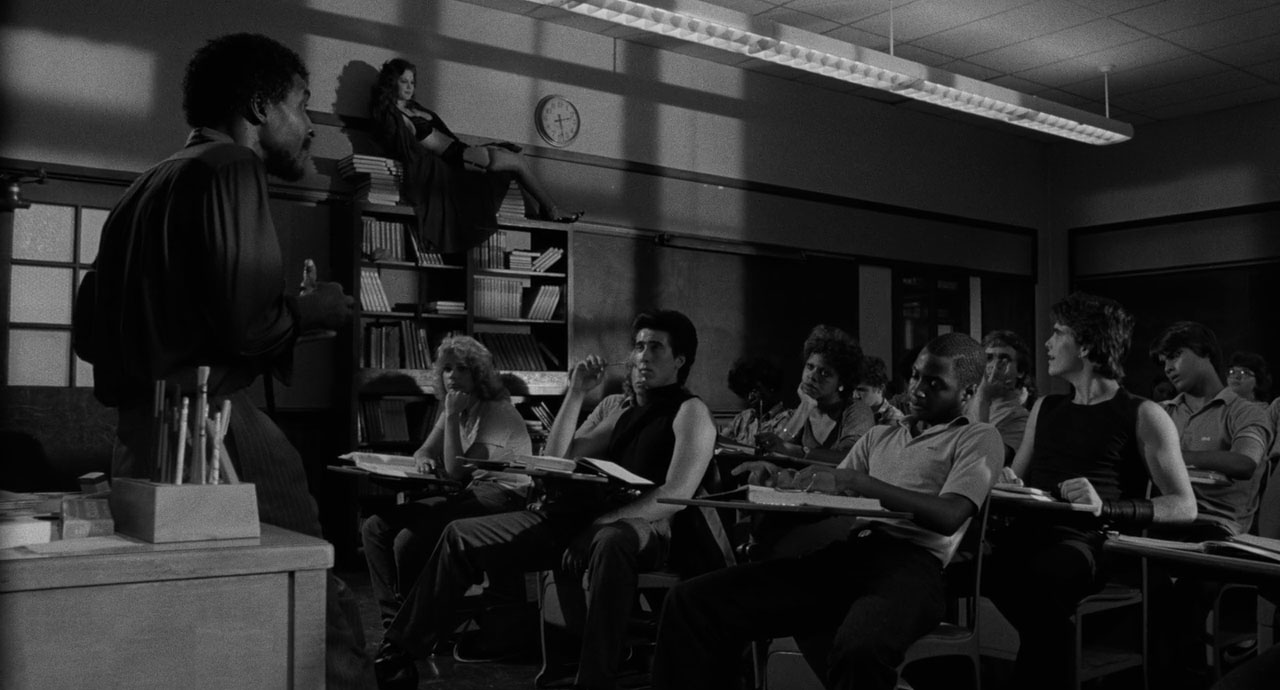I’d put off watching K. Kurosawa’s most generically named film, which got his most average reviews, until I accidentally missed our only screening of Before We Vanish, then feeling the sudden Kurosawa drought, I double-featured this with Daguerrotype and now I’m satisfied. It is, however, a pretty average movie. Either the subtitles are wack or the movie is purposely being strange in its dialogue and social interactions, because everyone seems kinda stupid.

Opens with a bad hostage standoff in a police station, an unassuming-looking psycho killing a couple of people and stabbing serial-killer expert Takakura (Hidetoshi Nishijima, main dude from Dolls, the editor in Loft) in the ass with a fork, causing him to have to leave the force and become a professor, moving into a suburb next door to a serial killer. He and his wife Yasuko (Yûko Takeuchi of Ring) introduce themselves to Nishino (Teruyuki Kagawa, dad in Tokyo Sonata, sheriff of Sukiyaki Western Django), a certified crazy with a shy daughter who turns out to be kidnapped, her mom drugged-out in his Silence of the Lambs basement. Tak’s ex-partner Nogami (Masahiro Higashide, a pastor in Before We Vanish) wants to get Tak back into action, bringing him a cold case of the serial killer who happens to live next door, and it’s all feeling a bit ludicrous, like K.K. is bringing together these stock situations and crazy coincidences to make some sort of statement.
new neighbors:

everything is perfectly normal here!

Progress is made on the cold case, bodies of the missing discovered shrink-wrapped in a neighbor’s house, while Tak’s own neighbor is shrinkwrapping the now-dead parents of his fake daughter. Nishino has been keeping his hostages docile with a never-explained mind-control drug, and his TV constantly plays squid footage (a Bright Future reference?). After the neighbor kid starts to bond with Tak’s own wife, she is inevitably kidnapped, as is Tak himself, until they turn the tables on their tormentor by only pretending to have been drugged, then blowing him away. K.K. the director comes through in fine form, but K.K. the writer, sheesh.

Ignatiy Vishnevetsky in AV Club:
Bug-eyed and clammy, Nishino belongs in the pantheon of next-door weirdos, swishing from personably awkward to coldly standoffish as though they were steps in a waltz that only he can hear. Kagawa, who starred in Kurosawa’s Tokyo Sonata as a white-collar family man with a very different type of secret, is a marvel to watch; when Nishino and Takakura run into each other on a commuter train, he gives a grimacing courtesy smile that falls somewhere in the uncanny valley.
Mike D’Angelo:
Creepy is at its best when things are just…slightly…off, a quality embodied in everything from Teruyuki Kagawa’s Asperger-y performance to the proximity in which two characters are standing at the beginning of a shot … Were I capable of ignoring Creepy‘s outlandish, frequently nonsensical plot and focusing entirely on Kurosawa’s control of the frame and tone, we’d be in business here. But I’m not.
















